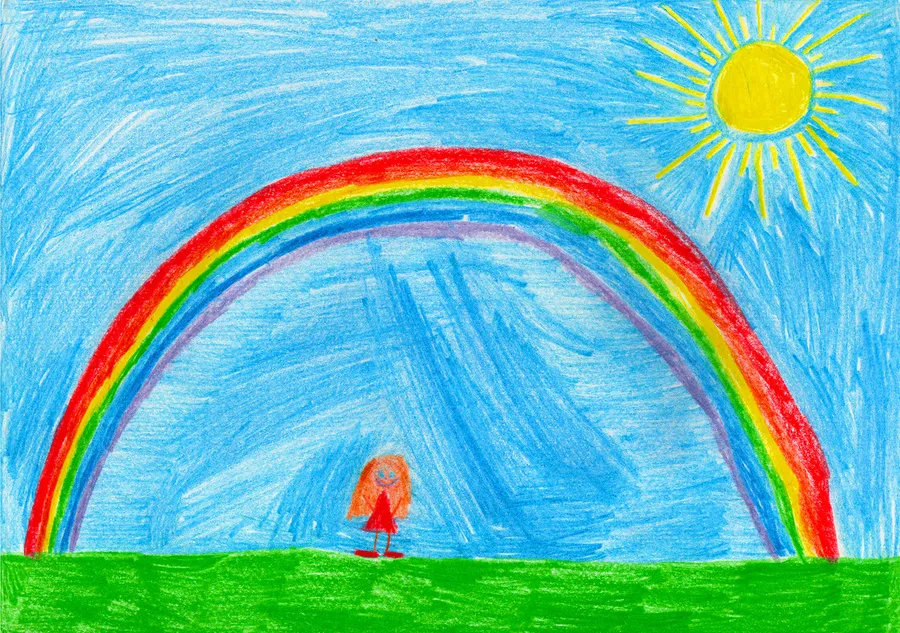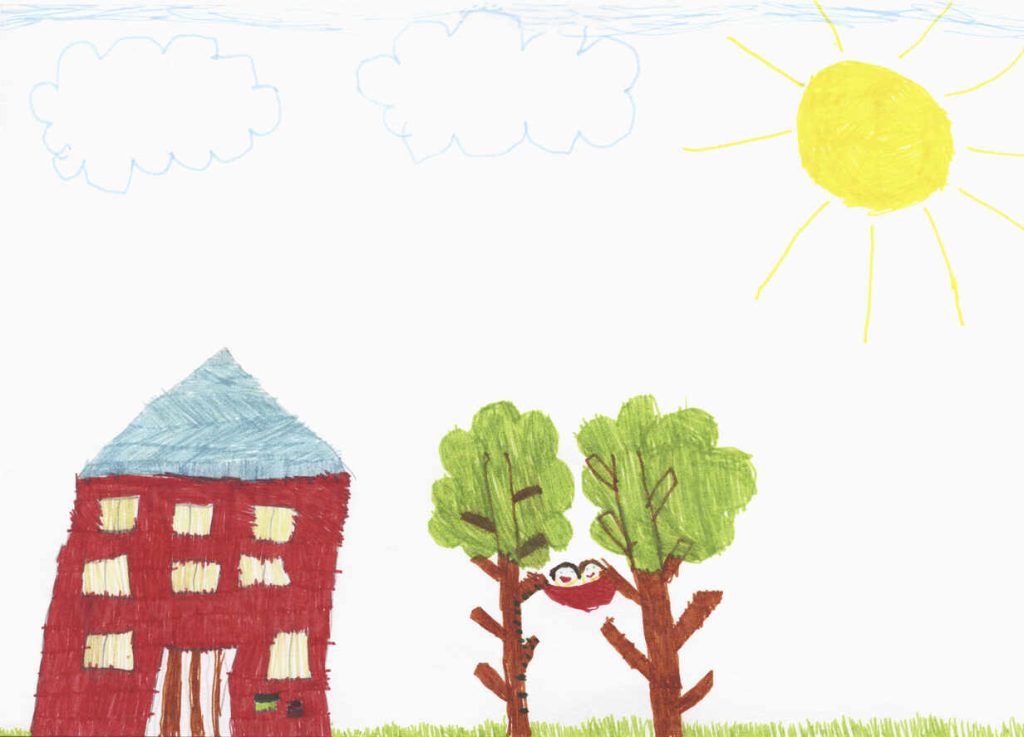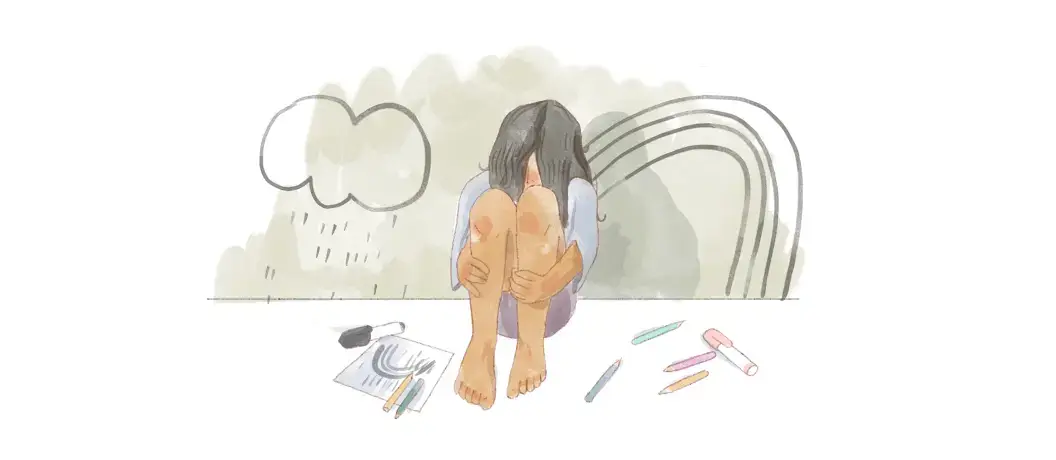Trauma therapists in Melbourne say when someone experiences trauma, it can feel like life has been broken into two parts: the time before and the time after the event. Healing after trauma is not just about moving on or forgetting. It is about finding a way to live with the experience without being trapped by it.
In psychoanalytic / psychodynamic therapy, we understand trauma as something that deeply shakes how a person relates to themselves, to others, and to the world. It’s not only the event itself that matters, it’s how the event has left a lasting mark, often in ways that are hard to put into words.
In this article, we explore how psychoanalytic treatment offers a unique path for healing one that focuses not just on managing symptoms, but on helping people rebuild their lives from a deeper place.
Trauma Therapy Melbourne: A Break in How We Understand Ourselves

Freud, the father of talk-based therapy, showed that traumatic experiences often return again and again in our thoughts, dreams, and actions. It’s not because people want to suffer, it’s because the mind is trying to make sense of something that overwhelmed it.
Lacan added to this idea by explaining that trauma happens when a force so powerful or painful breaks through our usual way of making sense of life. It’s an experience that words can’t fully explain. That’s why after trauma, people often feel absent-minded, confused, lost, or disconnected.
Psychoanalytic literature, tell us that trauma is not just something that happened in the past. It continues to affect a person’s life until it is worked through in therapy.
Theory of Trauma and the Self
Neuroscience research often treats the self as a biological and cognitive function located within the brain focusing on agency, body representation, and mindreading. However, psychoanalytic body of literature poses a question about this reduction about human beings, asserting that while the brain is necessary, it is not sufficient for the formation of one’s subjectivity. For a human to become a being that uses language to exist and relate to others, the brain must be embedded in a pre-existing meaning making system of language, which exists outside the individual and precedes them.
The self is not simply a coherent cognitive entity, but divided by what one does not have, a lack. This lack originates in the gap between what ones says, and what one is, and this gap gives rise to both anxiety and desire, a fundamental feature of what makes one a speaking being, with effects on one’s body. Trauma, therefore, can be understood as a breaking, a rupture or disruption in the relationship you had to what was once meaningful for you, or as an encounter with something you have never encountered before.

Trauma, therefore, can be understood as a breaking, a rupture or disruption in the relationship you had to what was once meaningful for you, or as an encounter with something you have never encountered before.
— Bita Riazati, Psychoanalyst
This is what Lacan coined as the Real, that a person faced by trauma does not know how to symbolise the new or the intrusive symptoms, or process the event, in their inner meanings. What we do together in therapy is to find ways to enable you put this experience to words, and to describe what happened to you, which continues to have effects on your actions, responses and reactions today and to free you from the forces of the trauma.
How I Work With You
Sometimes, something seemingly small that happens today, a tone of voice, a phrase, a look can trigger a deep emotional response that feels far bigger than the moment itself. This isn’t because you’re overreacting. It’s because, for many people, the body and mind respond as if the past traumatic event is happening again, right now.
In our work together, I don’t treat this as irrational, but as meaningful. Psychodynamic therapy Melbourne understands that trauma isn’t just a memory stored in the brain. It’s something that lives in language, in the body, and in the unconscious, often without clear words or explanations. That’s why it can return suddenly, unexpectedly, or through symptoms that don’t seem to make sense.
Even in more severe experiences like psychosis or the strange feeling that a part of your body doesn’t belong to you (known as somatoparaphrenia) what we see is a disruption in the person’s connection to themselves, their body, and the world around them. These are not just ‘brain’ disorders; they show how deeply the self depends on our relationship to others, to speech, and to the unconscious.
In therapy, we gently make room for these parts of your experience. You don’t need to know what to say or have it all figured out. The work begins when you speak — freely, without pressure — and I listen. Together, we begin to locate what has been hard to represent, name, or understand. This is not about ‘fixing’ but about offering space for something new to emerge in time.
Trauma Therapist Melbourne: How We Work Together
In our work together, feeling better does not begin with trying to fix the trauma or erase what happened. Instead, we begin by creating a positive and consistent therapeutic space in Hawthorn, or Belgrave consulting rooms, one where you can start to speak, even if at first, it’s only around the edges of what feels too difficult to name.
There is no pressure to retell painful memories right away, or even at all. What matters is how you begin to speak, in your own way and time. I listen closely — not just to what is said, but to the silences, the repetitions, the surprising images or shifts that emerge in our sessions. These are often the traces of something meaningful trying to take form in speech.
Trauma doesn’t always come with a clear narrative in children or adults. Sometimes it shows up in the body, in dreams, in everyday difficulties, or in things that seem disconnected but feel charged. In therapy in Melbourne, we allow the process to unfold gradually. Over time, something that once felt unspeakable may find a place in language — not as a fixed story, but as a way of making sense that belongs to you.
Becoming better is not about returning to who we were before trauma. It’s about finding a new way to live, one that includes what’s been lost or changed. In our work, I accompany you as your experience unfolds that new way of being, at your own pace, through speech and listening, week by week.
Speaking and Working Through: Working To Identify New Ways to Speak About Experience

In behavioural therapies, coping is taught as a set of techniques like breathing exercises or grounding methods and these can temporarily help in the moment but don’t address the issue. But as a therapist I consider coping as creating a new way to live with the pain. The symptom, whether it’s anxiety, nightmares, or emotional numbness, is not just a problem to erase. It’s a message. It shows where the trauma still speaks.
As Colette Soler (2014) reminds us, we don’t get rid of symptoms by force – we listen. When you are able to begin putting your pain into words, rather than carrying it only in your body or through actions, something can shift. Often, the symptom begins to loosen its grip on you and your life.
The Role of Long Term Therapy in Long-Term Recovery
In therapy, I don’t tell you what to do or offer quick advice. That’s not the kind of space we create together. Instead, I listen carefully and attentively helping you find your own words, your own understanding of what has happened to you.

I hold open a space for your desire, a space where you can speak freely about what comes to mind, without being judged or rushed. It’s not about correcting, fixing, or imposing meaning, but allowing your own associations and experiences to unfold at their own pace.
— Bita Riazati, Psychotherapist Hawthorn
Lacan referred to this position as the “desire of the analyst,” which means I hold open a space for your desire — a space where you can speak freely about what comes to mind, without being judged or rushed. It’s not about correcting, fixing, or imposing meaning, but allowing your own associations and experiences to unfold at their own pace.
Jacques-Alain Miller reminds us that the goal of psychoanalytic work is not to erase trauma, but to help you take ownership of it — so that it becomes something woven into your narrative, rather than something that silently governs your life.
Over time, treatment helps construct something new from what was fractured — not by pretending the trauma didn’t happen, but by finding a way through it. Speaking about it makes room for dignity, for your voice, and for your capacity to love and to desire again.
There Is Hope After Trauma
Trauma leaves a real mark — on the body, on language, and on how we relate to the world. But it doesn’t have to be the end of the story. Through long-term psychoanalytic treatment, there is hope. Over time, new ways of living, speaking, and relating can emerge.
If you are seeking psychotherapy in Melbourne, and especially if you are looking for a psychologist or clinical psychologist who works with the deeper impacts of trauma, it’s important to find someone who takes the time to listen, who is trained in psychoanalysis, and who respects the uniqueness of each person’s experience.
For Persian speakers, I also offer therapy in Farsi. As a Persian psychologist in Melbourne, I understand how culture, language, migration, and history shape our experience — and how they can be held thoughtfully in the therapy space.
You can read more about how I work, treatment for children, what psychoanalysis offers, or therapy in Farsi.
When you’re ready, book a consultation — I’d be glad to speak with you.
Disclaimer – These writings are not therapy; they are general information about therapy. They are not a substitute for therapy or professional psychological advice. While care has been taken to ensure accuracy and reference to published research, therapy and psychoanalytic work are domains of ongoing study. A written text cannot replace the conversation that takes place in therapy sessions, which are dynamic, evolving, and centered on individual experience. Each person’s situation is unique, and meanings can only be spoken and explored within one’s own sessions. If something in these writings resonates with you and you are considering therapy, you are welcome to book a session.
